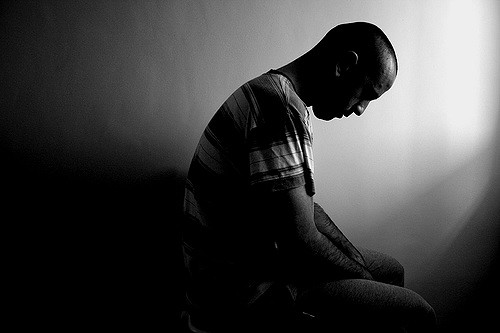
By Taylor Forlater
CW: This article includes personal stories of sexual violence and contains explicit language.
Rape, sexual violence, sexual assault, consent violation, sexual harassment. When we hear these terms, many automatically picture a small young woman fending off some sexually aggressive man. This paradigm leaves out many possible victims (and aggressors) and limits our society’s capacity to respond compassionately.
Sexual misconduct affects people of all ages, genders, and sexual orientations. Among victims of sexual assault, cisgendered heterosexual men face exceptional challenges. Definitions of sexual assault have only recently grown to include “being made to penetrate,” and in many cases the social climate around sexual assault lags behind the law, with assaults of this nature often treated as though they are less severe than the equivalent crimes against women. In reality, as many as 38% of household incidents of sexual violence have male victims, and 46% of those have female perpetrators. I spoke with several male victims of sexual assault and one female perpetrator of sexual assault, who have shared their stories to reveal the role that sexism has in our treatment of sexual violence.
We hold a cultural belief that men are sexually insatiable, and women are the gatekeepers to sex. This belief builds an expectation that men always want sex, which makes it easy to believe we can cut out the need for men to consent to sexual activities. In reflecting on his social environment around the topic of sexual assault, one man wrote,
“Others would give the ‘erection implies consent’ thing, which is no different than saying ‘a wet pussy implies consent.’ The majority of conversations, media, and literature on rape focuses on men raping women. People eventually come to think that this is the only way rape can occur.”
While understanding that women can lubricate or even orgasm during a rape is growing, the same understanding is not extended to men’s arousal during sexual abuse. This lack of understanding is so prevalent that some men even question the seriousness of their assault because they were sexually aroused.
“At one point, she even said, ‘I like that I can rape you.’ She flat-out told me to my face that she was raping me, but I didn’t believe it. I, like a lot of other people in the world, held that belief that it’s impossible for a woman to rape a man. Even though she looked me in the eyes and said she was raping me. I didn’t want to believe it. So I pushed that possibility away.”
With the secrecy and shame our culture encourages around sex, many couples do not explicitly give consent before engaging in sex. Too often, arousal is accepted as an equivalent of consent. One woman who coerced an ex-boyfriend into sex admits,
“Looking back on the situation, I think to myself, ‘I may have committed rape,’ but the truth is, I don’t know whether he counts his eventual consent as actual consent. I have made the decision to have sex while drunk, while underage, and after being convinced by a partner that I wanted to. If someone told me that ‘my’ choice to have sex was actually coercive rape, I would say that the distinction is mine, and only mine, to make.”
Of course, society’s refusal to recognize a man’s consent as necessary is only one of many problems unique to men. Strength and sexual empowerment are key aspects of masculinity in our culture, so being sexually overpowered by a woman can be a blow to a man’s gender identity. Following a sexual assault, many men may feel that their masculinity is challenged, or worry that in seeking help, people may view them as weak. “Will I be taken seriously or judged as less of a man because of this?” Others don’t seek out help because of a perceived lack of resources for men.
“Going to any official authorities was out. It had been too long, and it’s nearly impossible to prove rape. Even if I’d gone immediately, I’m not sure they make rape kits for men. There was also the concern of being mocked or talked to condescendingly, because everyone knows women can’t rape men.”
Overall, men are less likely to report incidents of sexual assault to the police. None of the men interviewed for this article contacted the police. Some had stories of confiding in a friend or other trusted authority figure, only to have their accusation brushed off.
“[I] learned very quickly that if you’re assaulted, no one will believe you. My teacher wouldn’t take action and instead laughed at me audibly in front of the class. I found myself constantly questioning whether or not I was actually assaulted.”
Incidents of sexual assault against males are underreported, contributing to underrepresentation of men as victims of sexual violence. This propagates the misunderstanding that rape is only a women’s issue.
So, what can we do to combat sexual violence for everyone’s sake?
- Understand that all sexual activity requires both parties’ consent, regardless of sex, gender, sexual orientation, or anything else!
- Understand the nuances of what consent is and what it’s not.
- Speak up (if it is safe) if you feel your consent is not being honored in your relationships with others. We must hold ourselves and others accountable for (intentionally or intentionally) harming others with our sexual behavior in order to elicit change.
“Most men would not confront the individual responsible as I did, which leads to a quiet acceptance of such behavior.”
- Talk about the importance of consent with friends, family, and coworkers.
- Encourage support systems for victims of sexual assault to be inclusive in their language and approach.